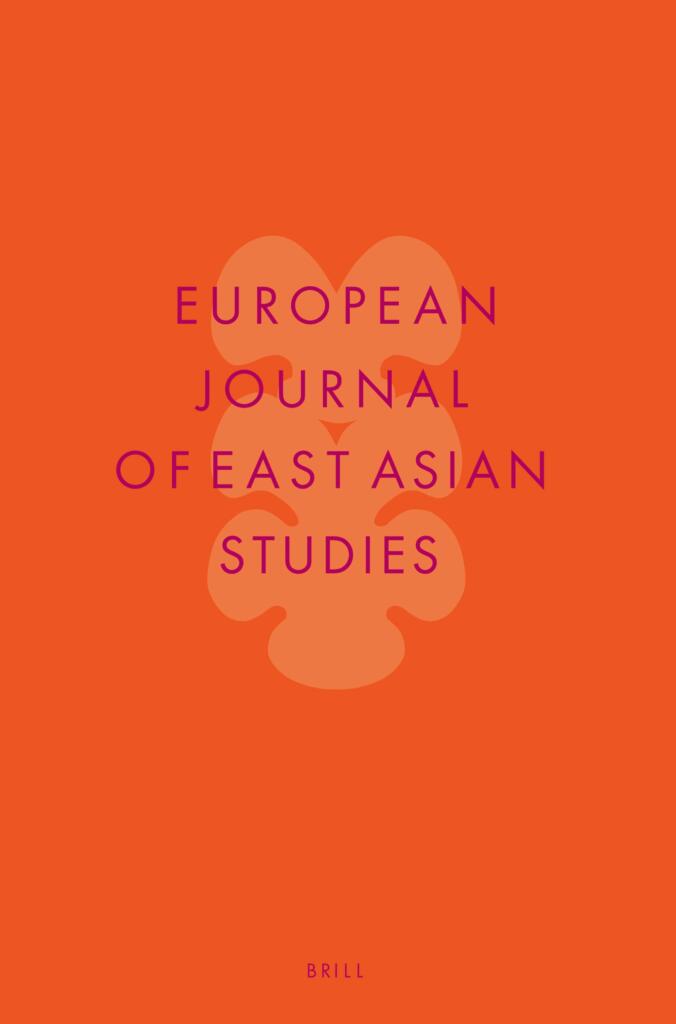
“The fluctuations of Italy’s China policy have been attracting attention. The only G7 country to join Beijing’s Belt and Road Initiative in 2019, Italy was also the first European participant to withdraw in 2023. While scholars have investigated the rationales and implications of Rome’s actions, no satisfactory explanation has been provided as to why the Chinese government chose not to escalate tensions over Italy’s exit decision. This article argues that, faced with a degradation of trust in relations with the West, China has been attempting to balance its more assertive foreign policy with the need to strengthen its reputational security. Results from an original survey on the opinions about China held by Italian university students are then used to empirically assess China’s reputation among a strategically attentive public. Research findings from the 1,072-strong sample show that reputational capital resides with Chinese society more than with the PRC state, and that while the PRC is widely expected to match the US in economic might and global influence, Beijing’s policies in key realms such as the Ukraine war and the Covid-19 pandemic have been counterproductive for the preservation of China’s reputational security among individuals who are likely to play a key role in future Sino-Italian relations.”
Giovanni B. Andornino (T.wai & University of Turin) is the author of the article “Sino-Italian Relations after the Belt and Road Initiative: China’s Quest for Reputational Security and the Response of a Strategic Italian Public” published in the European Journal of East Asian Studies.


Corso Valdocco 2, 10122 Torino, Italy
Sede legale: Galleria S. Federico 16, 10121 Torino
Copyright © 2025. Torino World Affairs Institute All rights reserved
